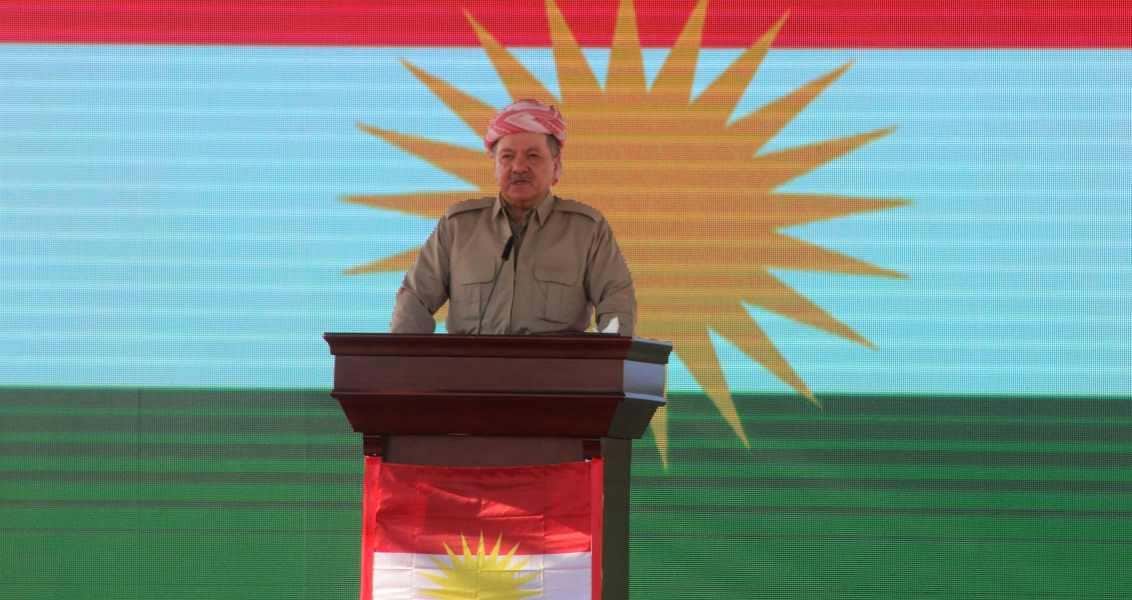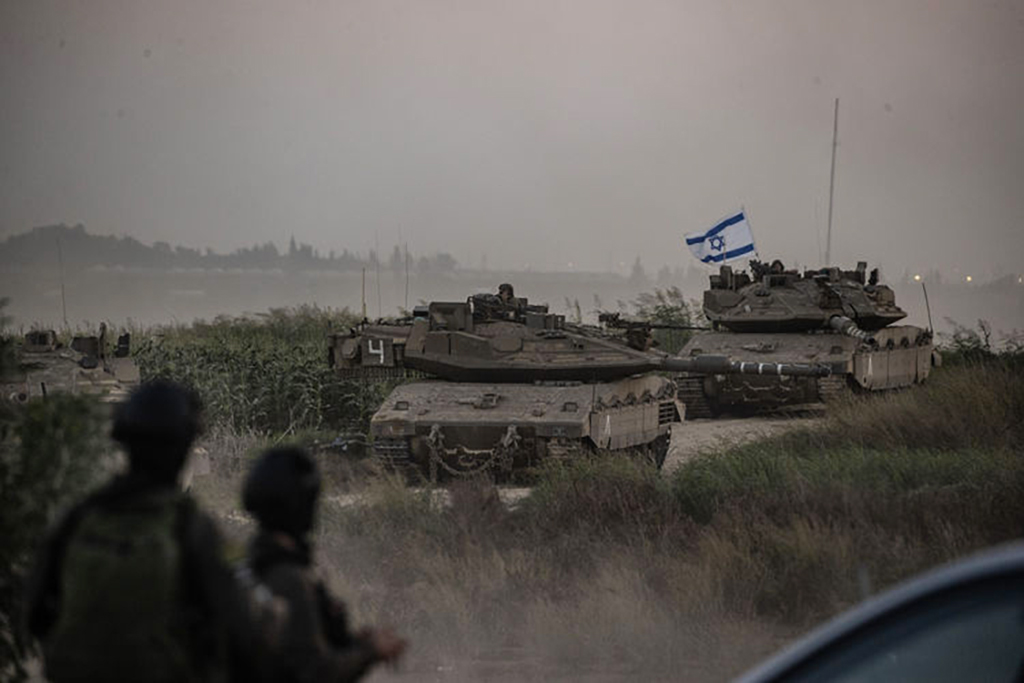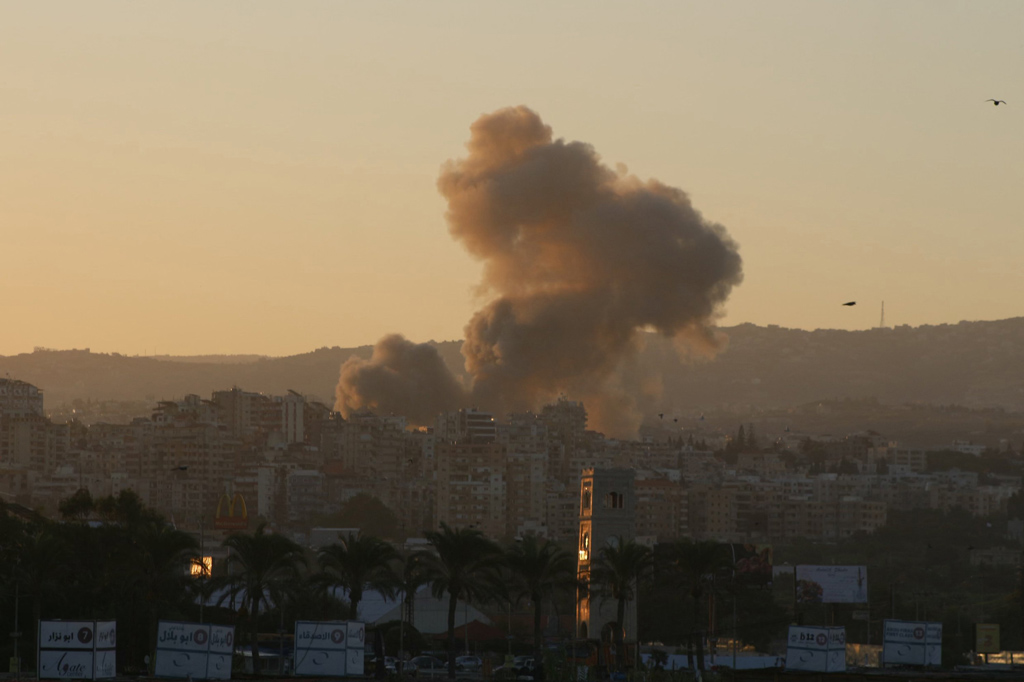
The Kurdish Referendum and Barzani's 'Fate'
KRG leader Barzani might find it difficult to keep his seat whether the referendum takes place on Sept. 25 or not
Share
As the independence referendum draws near, Kurdistan Regional Government (KRG) President Masoud Barzani faces immense pressure from the great powers and regional players to postpone the Sept. 25 vote – with the notable exception of Israel, which considers the dream of Greater Kurdistan an opportunity to further disintegrate the Middle East. Although there is a chance that the independent Kurdish statelet might not subordinate itself to Israel, Tel Aviv believes that the consideration of Kurds as enemies by Arabs, Iranians and Turks alone is reason enough to support Mr. Barzani's bid. In the meantime, Iraq's parliament has declared the independence referendum ‘unconstitutional' and Prime Minister Haider al-Abadi was able to secure the removal of Kirkuk's governor from office.U.S. Officials, who are concerned about the timing of the referendum with an eye on ongoing anti-Daesh operations in Iraq, have been calling on Mr.Barzani to postpone the vote. At the same time, they have been going back and forth between Baghdad and Irbil to secure an honorable exit for both sides. According to reports from Irbil, the referendum could indeed be postponed. Iraqi Kurdish officials have already announced that an "alternative" road map presented to Mr. Barzani by Washington's Special Envoy Brett McGurk, U.N. Special Representative Ján Kubiš and British Ambassador Frank Baker was under consideration.
One thing should be clear: Mr. Barzani, a veteran politician, wanted to hold an independence referendum before the anti-Daesh operations were completed and the central government could regain its strength. His move was motivated by various considerations including budget allocations, the composition of the Iraqi military and the future of contested territories. At the same time, Irbil wanted to make some concrete progress on the very real goal of attaining independence. Needless to say, the Iraqi Kurdish leader's strongest motivation was to go down in history as the founding and symbolic leader of Kurdistan. He thought the time was ripe. Of course, the independence referendum was a huge gamble from the start. But efforts to hold a vote in Kirkuk and Irbil's threats to fight with Baghdad over the city meant that the referendum would determine Mr. Barzani's "fate." As his push for independence sours into a lose-lose situation, the KRG president might find it difficult to keep his seat whether the referendum takes place on Sept. 25 or not.
First and foremost, Mr. Barzani acted against Iraq's territorial integrity – a strategic priority for all regional powers. It is no secret that Iran has been trying to remove him from power through the proxy of the Patriotic Union (PUK) and the Gorran Movement. By pushing for independence, Mr. Barzani fueled concerns among Turkish officials, his single most important regional partners, about his reliability. If the independence referendum takes place, the peshmerga might end up fighting the Hashd al-Shaabi forces around Kirkuk – even though Baghdad remains unlikely to launch a military incursion against Irbil. However, Tehran and Baghdad will probably redouble their efforts to remove Mr. Barzani from power.
Although Washington's game plan remains quite important, it is safe to assume that Iran will play a more prominent role in the area, as Turkey finds it more and more difficult to support Mr. Barzani.
Even if Irbil agreed to postpone the independence referendum in return for "certain favors," Barzani will find himself in a weaker position at home. Among Iraqi Kurds, the pressure to hold a presidential election will be combined with the perceived "failure" to hold the Sept. 25 vote. One way or another, the Iraqi Kurdish leader will have to work more closely with Ankara and regain the trust of his Turkish counterparts.
Meanwhile in Turkey, there are two competing views on what Ankara should do about the independence referendum. First, there are people who see Iraqi Kurdistan's independence as a cause for war. Raising concerns about the situation in Kirkuk and the future of local Turkmens, advocates of this view highlight that Mr. Barzani cannot be trusted. If necessary, they maintain, Turkey should take harsh measures in cooperation with Baghdad and Tehran. The second group, by contrast, urges the Turkish government to get over its "Kurdistan-phobia" and warns that the independent state let cannot be handed over to Iran. Despite everything, they note, Turkey is unlikely to find a new partner who is as "reliable" as Mr. Barzani.
Until now, the Turkish government was able to keep both camps at a certain distance and followed a third way without surrendering to its emotions. Having urged Irbil to call off the referendum, Turkey warned that moving forward with the existing plan would come with a heavy price tag for the KRG leadership.
Clearly, postponing the independence referendum would partially de-escalate tensions in the Middle East. However, the question is no longer about Mr.Barzani's reliability but his "political fate."
[Daily Sabah, September 19, 2017]
Tags »
Related Articles








